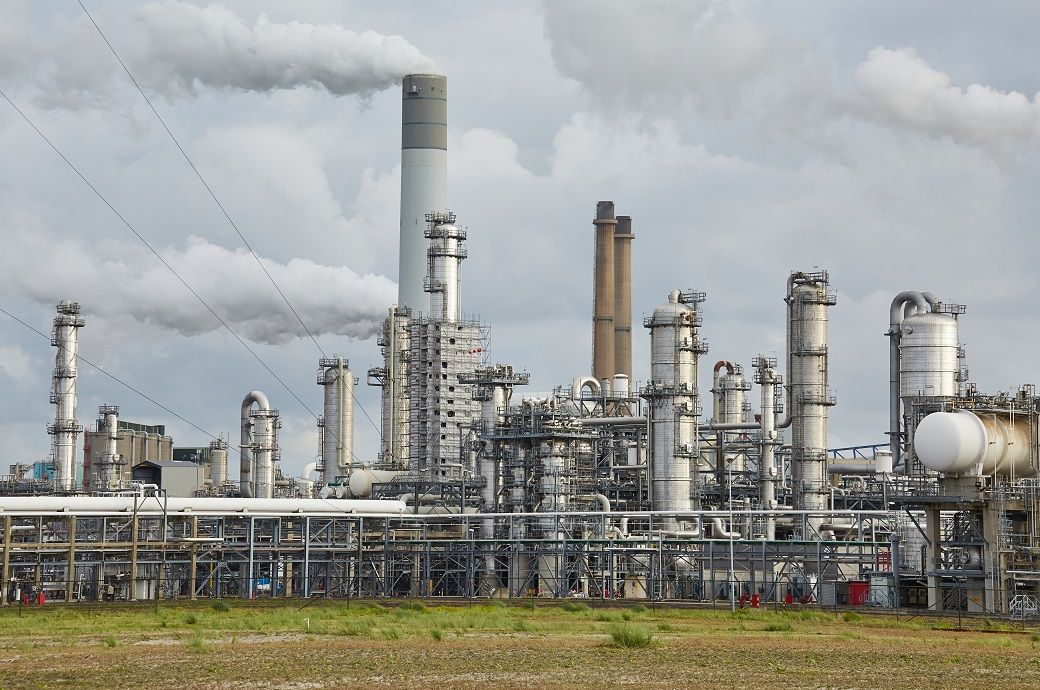
The proposal is under review by the Ministry of National Development Planning and the Ministry for Economic Affairs, Wiwik Pudjiastuti, director of upstream chemical industry at the Directorate General of Chemical, Pharmaceutical and Textile Industries, said.
Indonesia faces a persistent gap between domestic petrochemical production and demand, especially for key commodities that support downstream industries.
For olefins like ethylene and propylene, plant utilisation stands at 75 per cent. Yet supply remains inadequate. Ethylene alone has a shortfall of 800,000 tonnes, warranting imports.
Aromatic products like p-xylene show even lower utilisation at 44 per cent, with a supply gap of 500,000 tonnes. P-xylene is essential for producing purified terephthalic acid (PTA), used in polyester and PET.
Mono ethylene glycol (MEG), another vital input for polyester-based textiles, faces a deficit of 400,000 tonnes.
The plastic raw material sector also struggles to meet demand. Of the national requirement of 4,879 kilo tonnes per annum (KTA), only 2,957 KTA is supplied domestically, leaving a gap of 1,922 KTA.
Wiwik highlighted structural challenges, including reliance on imported raw materials such as naphtha and LPG, and limited integration between refineries and petrochemical plants, according to a domestic news agency.
To address these issues, the ministry is advancing long-term policies to improve raw material access, revise trade regulations, and propose the removal of import duties.
Additional measures in the offing include industrial protection through anti-dumping and safeguard duties, gas subsidies, Industry 4.0 acceleration and green industry standards.
ALCHEMPro News Desk (DS)
Receive daily prices and market insights straight to your inbox. Subscribe to AlchemPro Weekly!